Indigenous Governance Database
intergovernmental relationships

Becoming Visible: A Landscape Analysis of State Efforts to Provide Native American Education for All
Native Americans are unfortunately invisible to many. Most Americans likely have attended or currently attend a school where information about Native Americans is either completely absent from the classroom or relegated to brief mentions, negative information, or inaccurate stereotypes. This…
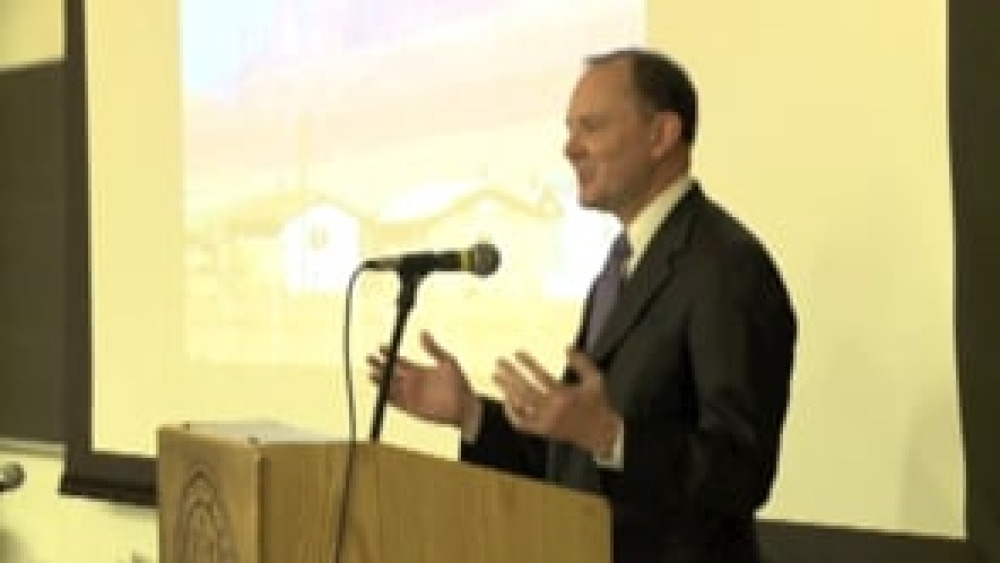
From the Good Native Governance: Innovative Research in Law, Education, and Economic Development Conference
Assistant Secretary Kevin Washburn provided a snapshot of Native nations engaging in self-governance reinforcing the notion that "almost anything the federal government can do, tribes can do better" through good governance.
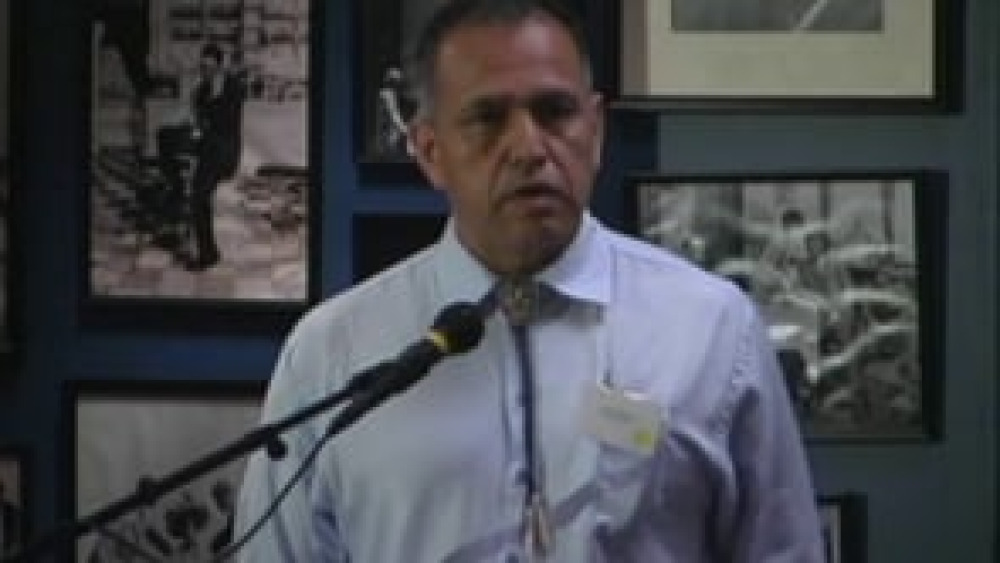
Honoring Nations: Darrell Hillaire and Sharon Kinley: Semiahmoo Project
Darrell Hillaire and Sharon Kinley from the Lummi Nation and its Semiahmoo Project discuss the unfortunate circumstances that prompted the creation of the project, and how the Lummi are using the project as an opportunity to re-engage their culture, elders, core values, and language.
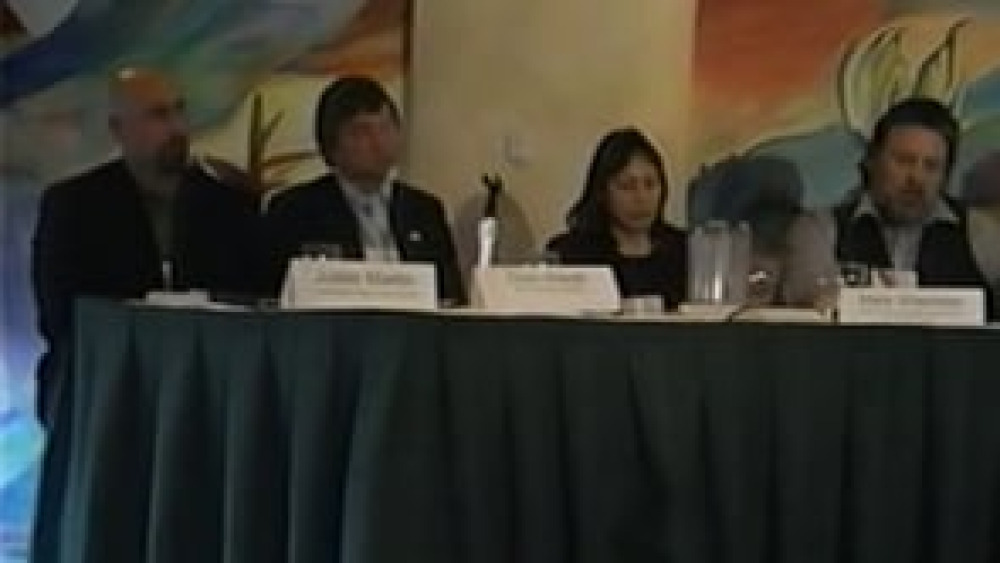
Honoring Nations: Using Partnerships to Achieve Governing Goals
Heather Kendall-Miller moderates this panel of Native leaders for a discussion on building and maintaining intergovernmental relationships.

BIA Head Kevin Washburn Speaks to ICTMN About NCAI, Federal Recognition and More
ICTMN's panel consisted of Ray Halbritter, Publisher; Gale Courey Toensing, staff reporter as moderator; Ray Cook, Opinions Editor; Valerie Taliman, West Coast Editor; and Simon Moya-Smith, Correspondent. All participants asked questions at various points in the conversation (photographer Cliff…
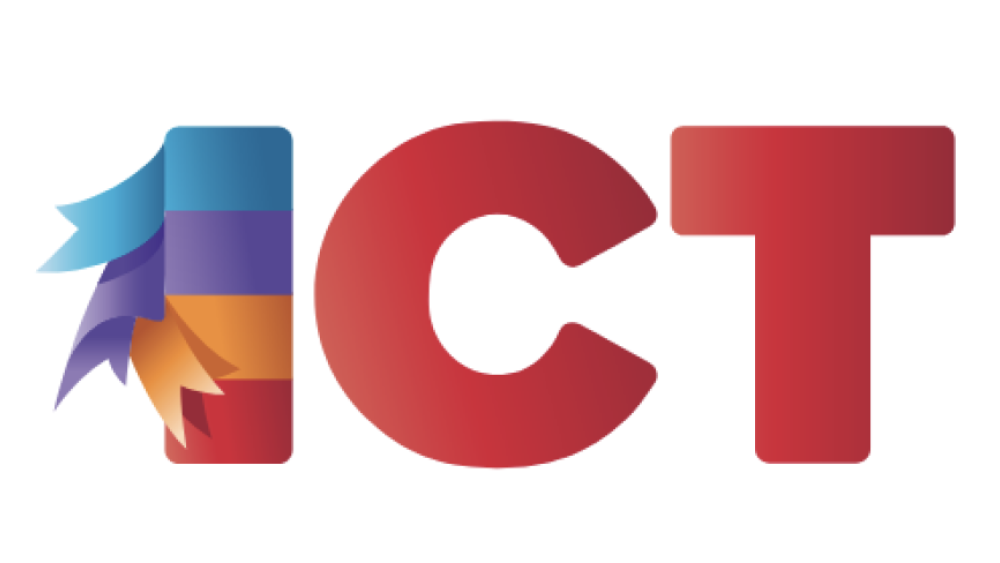
5 More Native American Visionaries in Washington State
As the holidays kick in and people start looking ahead to the coming year, it is only fitting to acknowledge the leaders who will take Indian country into the future. Last month we brought you five Native leaders who are protecting rights, exercising sovereignty, building intercultural bridges and…

Indian Nations Are Still Fighting the U.S. Cavalry
Throughout the 19th Century the U.S. Cavalry perpetrated the genocide of Indian People. Today’s Cavalry–federal, state and local police–are no longer committed to extermination. But American cops’ flagrant disregard for tribal self-governance when carrying out law enforcement activities on Indian…
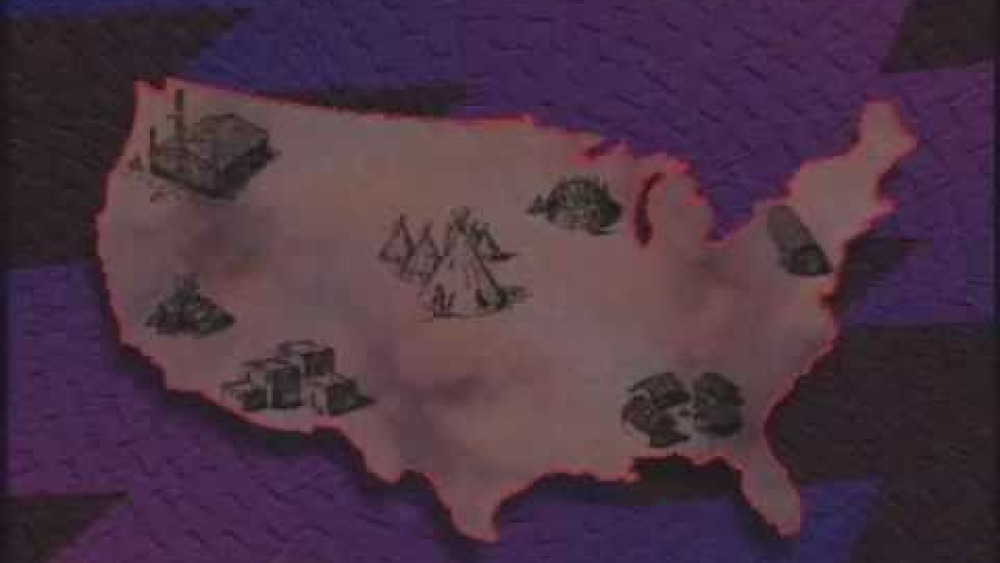
Tribal Sovereignty: The Right to Self-Rule
This is an excerpt of a longer educational DVD produced to answer frequently asked questions about American Indian tribal governments and the roots of tribal sovereignty. Among other things, it discusses the U.S. Constitution's explicit acknowledgement of tribal sovereignty and Native peoples as…
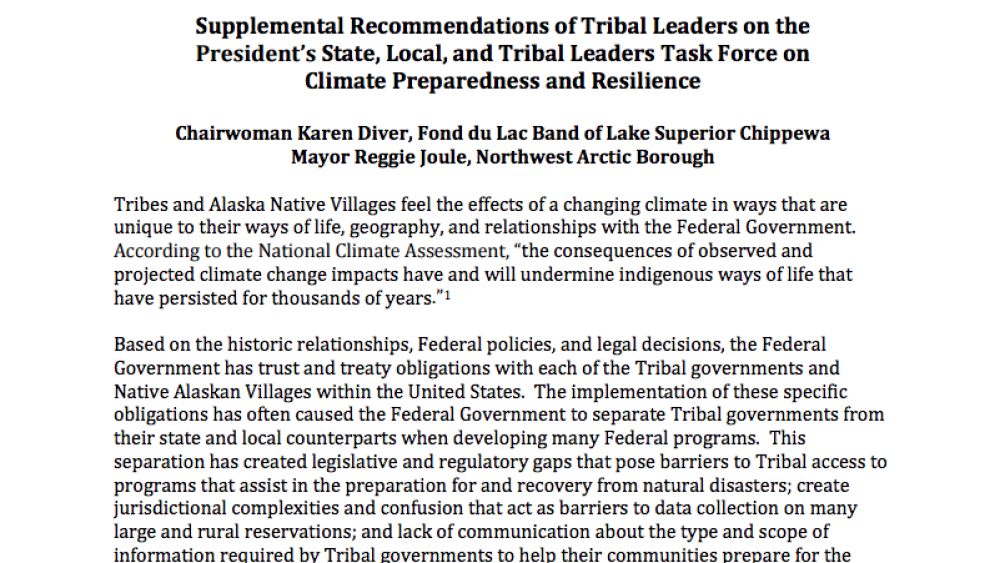
Supplemental Recommendations of Tribal Leaders on the President's State, Local, and Tribal Leaders Task Force on Climate Preparedness and Resilience
Tribes and Alaska Native Villages feel the effects of a changing climate in ways that are unique to their ways of life, geography, and relationships with the Federal Government. According to the National Climate Assessment, “the consequences of observed and projected climate change impacts have and…
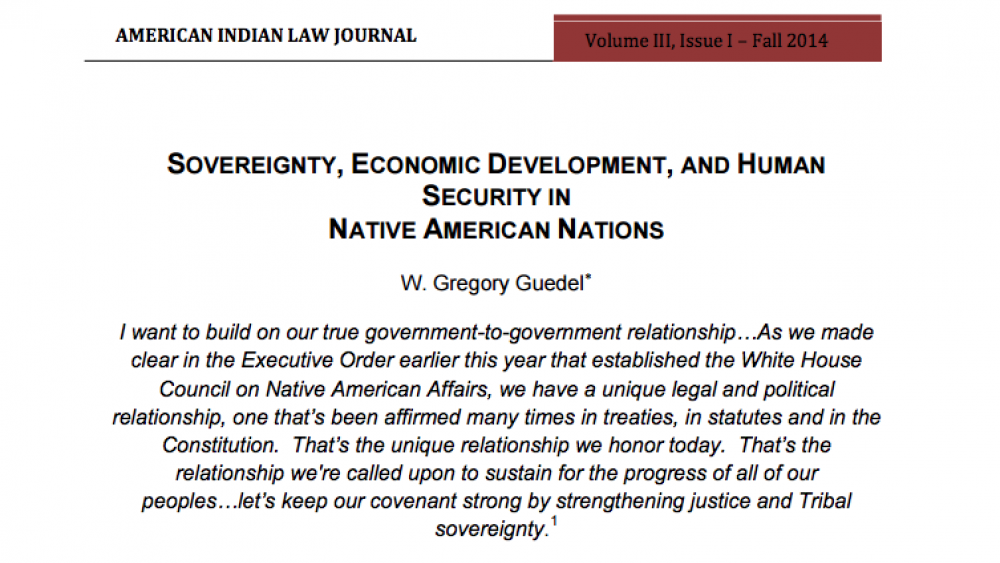
Sovereignty, Economic Development, and Human Security in Native American Nations
This study explores elements of the sovereignty dynamic in the government-to-government relationship between the United States and Native American nations to assess 1) what benefits Tribal communities glean from this unique relationship; and 2) whether enhanced Tribal sovereignty can enhance…
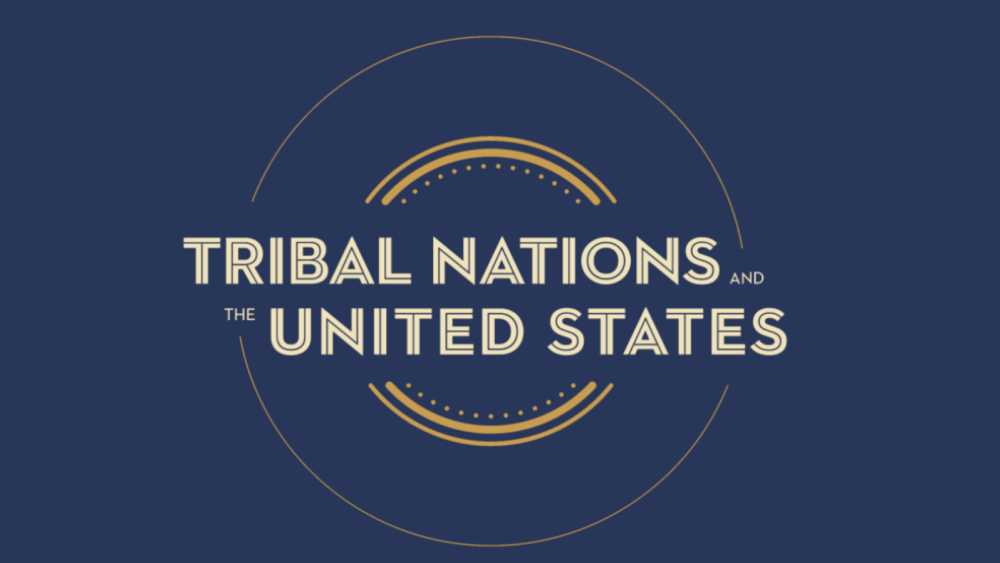
Tribal Nations and the United States: An Introduction
Tens of millions of Indigenous peoples inhabited North America, and governed their complex societies, long before European governments sent explorers to seize lands and resources from the continent and its inhabitants. These foreign European governments interacted with tribes in diplomacy, commerce…
